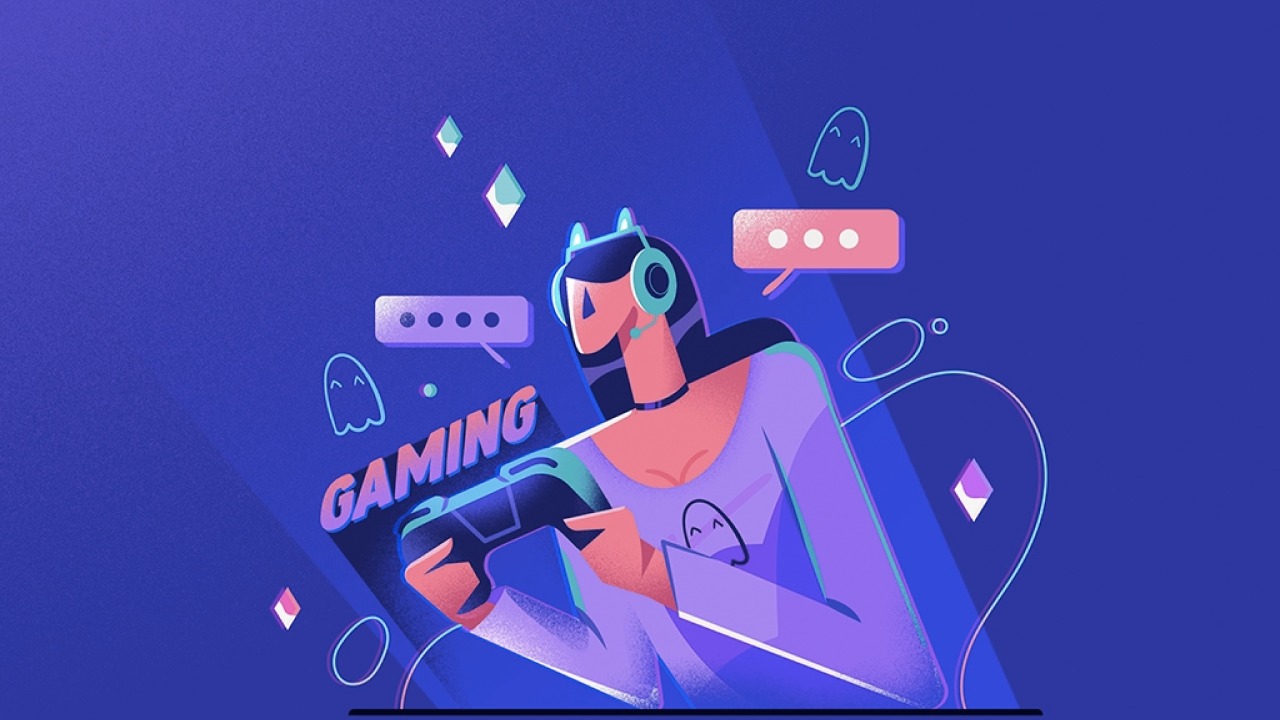In the past two decades, online gaming platforms have evolved from niche communities into a massive global industry, reshaping the way people play, socialize, and even earn a living Download Pilot No. 1. As the internet became faster and more accessible, the gaming world expanded beyond single-player and local multiplayer modes into vast, interconnected universes where millions of players interact daily.
What Is an Online Gaming Platform?
An online gaming platform is a digital environment that allows users to access, download, or stream video games, connect with other players, and often compete in real-time. Examples of such platforms include Steam, Xbox Live, PlayStation Network, Epic Games Store, and mobile app stores like Google Play and Apple’s App Store. Many of these platforms also offer social features, content creation tools, live chat, and marketplace systems.
Key Features
-
Multiplayer Connectivity: Players can engage in real-time games with others around the world.
-
Cross-Platform Support: Many platforms support cross-play, allowing users on different devices to compete or cooperate.
-
In-Game Purchases and Microtransactions: A major revenue source, enabling cosmetic upgrades, new levels, or character boosts.
-
Community Building: Forums, live streaming, tournaments, and chat systems foster strong gaming communities.
-
Cloud Gaming: Platforms like NVIDIA GeForce NOW and Xbox Cloud Gaming allow users to play high-end games without powerful hardware.
Economic and Cultural Impact
Online gaming platforms have grown into a multi-billion-dollar industry, outpacing the film and music industries combined. Esports events now fill stadiums and stream to millions globally. Additionally, platforms like Twitch and YouTube Gaming have created new careers for content creators and streamers.
Culturally, these platforms serve as virtual gathering spaces, breaking geographical and language barriers. Games such as Fortnite, League of Legends, and Minecraft are not just entertainment—they are social experiences and even educational tools.
Challenges and Concerns
Despite the benefits, online gaming platforms also face criticism and regulatory scrutiny. Issues like cyberbullying, game addiction, data privacy, and unregulated microtransactions have prompted discussions about the need for better moderation, parental controls, and ethical game design.
The Future of Online Gaming Platforms
With advances in virtual reality (VR), augmented reality (AR), and artificial intelligence (AI), the next generation of online gaming promises even more immersive and personalized experiences. The integration of blockchain and NFTs into games is also a growing trend, though it remains controversial.
In summary, online gaming platforms are more than just a way to play games—they are dynamic ecosystems driving technological innovation, economic growth, and new forms of human interaction.
